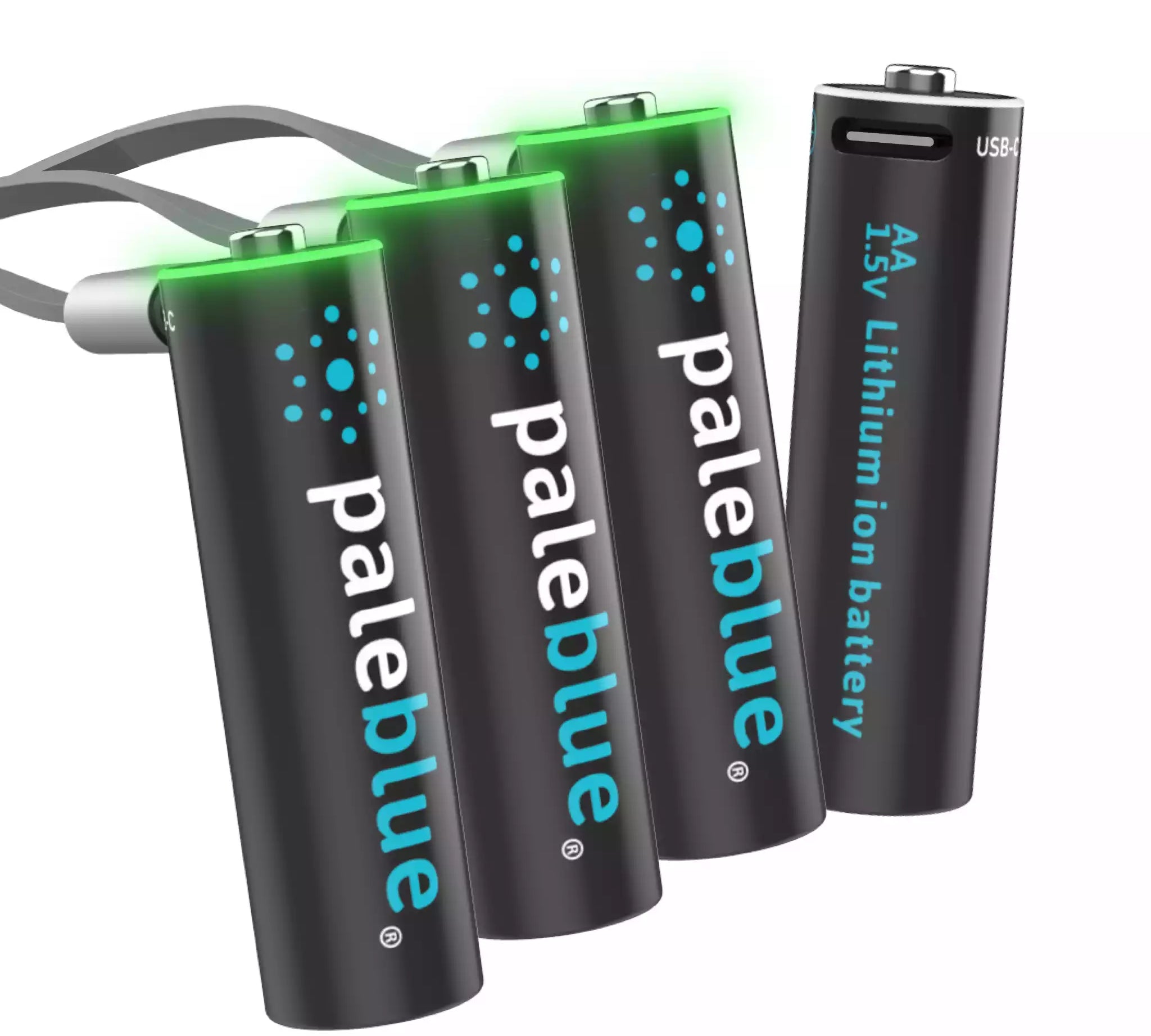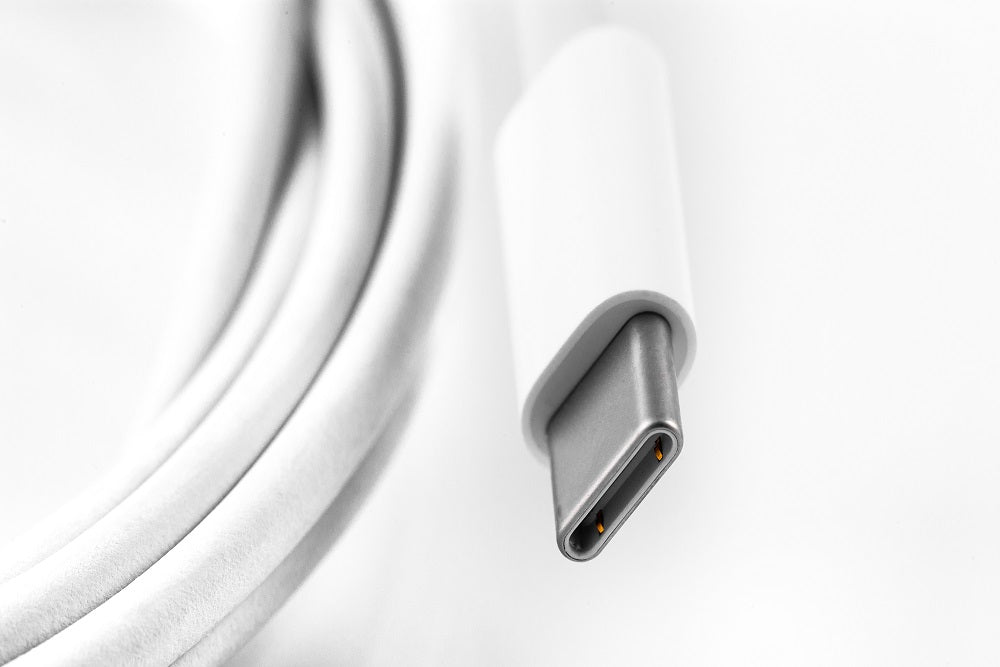Will You Do Your Part to End Food Waste in the U.S.?

Paleblue is on a mission to help households dramatically reduce their battery waste by convincing them to ditch the disposables in favor of rechargeable lithium-ion batteries. We don't think waste of any kind is all that good. Eliminating as much of it as possible is the way to go. That leads us to consider the problem of food waste.
Food waste is a huge problem here. According to the U.S. FDA, we Americans waste anywhere between 30% and 40% of our food supply. That amounts to more than 100 billion pounds of food thrown away every year! If you’ve ever had a backyard garden, you know how hard it is to grow food, so to think of the wasted effort, energy, resources in food waste it’s super disheartening.
Some waste is undoubtedly due to spoilage. Some of it is due to improper packaging or contamination. But let's face it, a lot of the food waste we generate is the result of us not being careful about preparation and cooking. Just by being more careful, we can substantially cut down on food waste.
Plan Your Meals
One of the easiest ways to reduce food waste is to plan your meals. Before you go to the grocery store, have an idea of what you'll need for that week's cooking. Do not buy anything more. If you are buying in bulk, be careful about items with a short shelf life. You are not actually saving money by purchasing bulk food you ultimately throw away because it spoils before you eat it.
Planning meals can also help you do two other things: avoid excessive leftovers and make better use of the freezer. Doing both things could help you better manage how much you cook so that you don't end up throwing away excess.
Store Food Properly
Another easy way to eliminate food waste is to learn how to store your food properly. Pay attention to product labels in terms of refrigeration, shelf life, etc. And yes, check your refrigerator and freezer to ensure they are at the right temperature.
Air-tight plastic containers that can be reused over and over again are the perfect food storage solution. You can use them in both the freezer and refrigerator. Most can be heated in the microwave as well, so you don't even have to dirty pots and pans when you're ready to eat leftovers. We’re big fans of the new generation of silicone storage bags, seems like they will last forever and having a few in the house definitely cut down our use of plastic baggies.
Backyard Chickens and Compost Piles
A few backyard chickens can really reduce your household food waste issue and, in combination with a good compost bin, probably eliminate it altogether. Chickens can eat most any food you have leftover, and they pay their rent with eggs so it’s a win-win situation. Chicken manure is great for your compost pile and backyard garden or raised beds (do your research on this topic before you make any moves here to avoid some common mistakes).
It's a Mindset
Ending food waste is a lot like eliminating battery waste in the sense that both are mindsets. The reality is that not wasting food isn't a difficult task. It's really not. It just requires taking the time to think about what we do so that we are not buying and preparing food we probably won't eat.
Battery waste is bad enough and creates a variety of environmental problems. Food waste is bad for entirely different reasons: wasted food could feed hungry people or reduce our impact on land that could otherwise be left wild. Small behavioral changes can really make an impact so we encourage you to think about what small steps you can make in your life to join us in making an impact.
- Tags: Economical Sustainability







